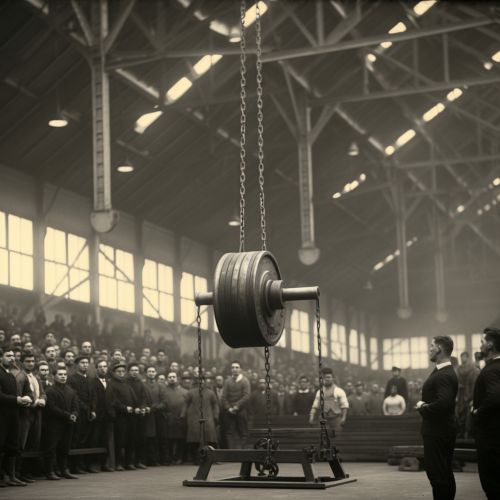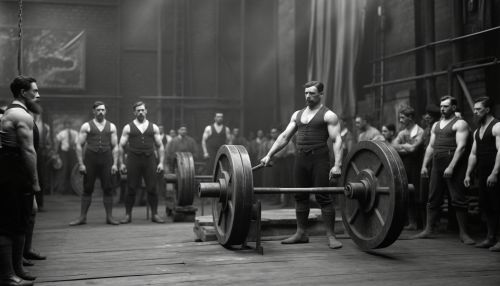Olympic weightlifting
History
Olympic weightlifting has a rich history that dates back to the early 20th century. The sport was first included in the Olympic Games in 1896, but it was not until the 1920 games in Antwerp that it became a regular fixture. The early years of the sport were dominated by European countries, with the likes of France, Germany, and Austria often topping the medal tables.


Equipment
The primary piece of equipment used in Olympic weightlifting is the barbell. This is a long metal bar to which weight plates are added. The barbell used in men's competitions weighs 20kg, while the women's barbell weighs 15kg. The weight plates used in competition vary in weight from 0.5kg to 25kg, and are color-coded for easy identification.
Techniques
There are two main lifts in Olympic weightlifting: the snatch and the clean and jerk. Both of these lifts require a combination of strength, power, speed, technique, and mobility. The snatch involves lifting the barbell from the floor to overhead in one smooth motion, while the clean and jerk is a two-part lift where the barbell is first lifted to the shoulders (the clean), and then pushed overhead (the jerk).
Training
Training for Olympic weightlifting involves a combination of strength and conditioning work, technical drills, and practice of the competition lifts. Many athletes also incorporate mobility exercises and recovery techniques into their training routines.
Competitions
In an Olympic weightlifting competition, each athlete is given three attempts at both the snatch and the clean and jerk. The athlete's best successful lift in each discipline is added together to give their total. The athlete with the highest total in their weight class is declared the winner.
Weight Classes
There are currently 10 weight classes in men's Olympic weightlifting and 10 in women's. These range from the 55kg class up to the +109kg class for men, and from the 45kg class up to the +87kg class for women.
Governing Body
The sport of Olympic weightlifting is governed internationally by the International Weightlifting Federation (IWF). The IWF is responsible for setting the rules and regulations of the sport, as well as organizing international competitions.
Doping Controversies
Like many sports, Olympic weightlifting has been plagued by doping controversies. The IWF has implemented strict anti-doping policies in an attempt to combat this issue.
